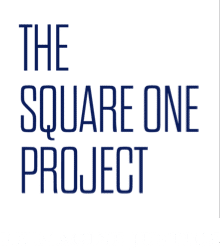May 2020 | Executive Session on the Future of Justice Policy The "Radical" Notion of the Presumption of Innocence
Overview
The presumption of innocence has been a bulwark of the American justice system since the nation’s founding. Yet, the current scope and scale of pretrial detention prevents us from putting the principle into practice. Shockingly, the vast majority of individuals held in county jails are awaiting adjudication of the charges against them and, therefore, have not been found guilty of a crime meriting punishment. Recognizing this reality, the constitutionally-based presumption of innocence must be supported by a judicial presumption of liberty because the currently-operating justification for holding someone in jail prior to adjudication presumes that person has committed the offense for which they are charged. Pretrial detention should be limited to rare situations in which a defendant poses a specific and definable threat to the adjudication process that the state must demonstrate to a court, rather than the current approach, which liberally allows detention based on the state’s claim that the defendant presents a general threat of potential danger to the community.
Listen to Tracey & Arthur's interview on Decarceration Nation podcast
Authors

Arthur Rizer R Street Institute

Tracey Meares Justice Collaboratory, Yale University
“It was the smell of [] death, it was the death of a person’s hope, it was the death of a person’s ability to live the American dream.”
That is how Dr. Nneka Jones Tapia described the Cook County Jail where she served as the institution’s warden (from May 2015 to March 2018).
When is pretrial detention appropriate and where do we go from here?
Allow pretrial detention only in cases where the defendant poses a specific risk to the adjudication process that the state must demonstrate to a court, such as threatening harm to a witness or victim, juror tampering, or a likelihood of flight from jurisdiction.
Allow other governmental agencies and programs that are equipped to promote community safety but do not look and feel like punishment, such as behavioral and mental health facilities, to detain those individuals who need treatment.
For those who do not need rehabilitative treatment pre-adjudication, use less intrusive means to assure their presence at trial, such as electronic monitoring, text message reminders, and check-ins with supervision officers.
